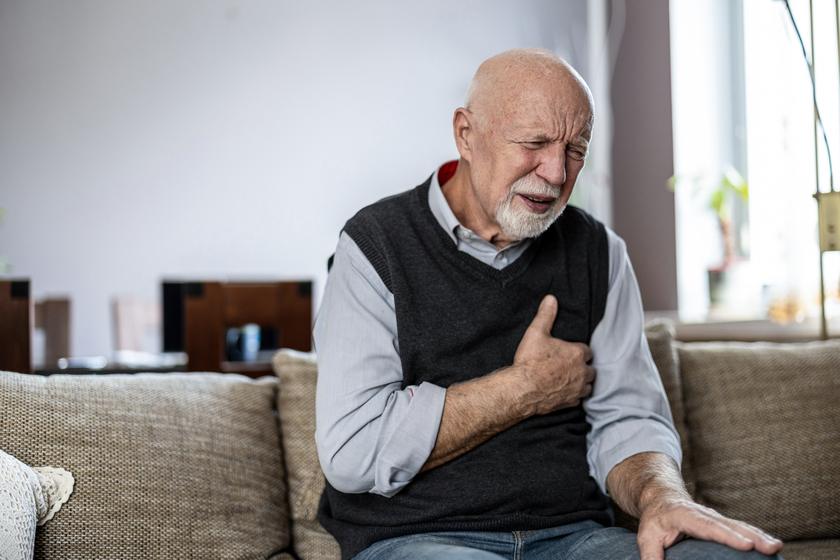A heart attack can be a life-changing event for an elderly individual. Helping them thrive after such an event requires careful attention and support. The journey to recovery after a heart attack in elderly individuals can be challenging, but with the right strategies, it is still possible to improve their quality of life.
Incorporate Safe Exercise Routines to Strengthen Heart Health
Introducing safe exercise routines is crucial for strengthening heart health after a heart attack in the elderly. Gentle activities such as walking or light stretching can help improve cardiovascular fitness without putting too much strain on the heart. It is important to consult with healthcare professionals to develop an exercise plan tailored to your loved one’s needs.
Regular physical activity can also enhance overall well-being and mood. Encouraging consistency and providing support during exercise sessions can make a significant difference. Ensuring that exercises are enjoyable and manageable will help maintain motivation and commitment to a healthier lifestyle.
Manage Medications and Regular Checkups for Optimal Heart Recovery
Proper management of medications and regular checkups are vital for optimal heart recovery. After a heart attack, elderly individuals often require specific medications to manage their condition and prevent future complications. It is essential to ensure that medications are taken correctly and on time.
Regular visits to healthcare providers allow for monitoring progress and making necessary adjustments to treatment plans. These checkups provide an opportunity to address any concerns and ensure that the recovery process is on track. Keeping a schedule and reminding your loved one of appointments can help maintain consistency in their care.
Provide Emotional Support to Aid in Heart Attack Recovery
Emotional support plays a significant role in the recovery process after a heart attack. Feelings of anxiety, depression, or fear are common among elderly individuals following such an event. Offering a listening ear and showing empathy can help alleviate these emotions.
Encouraging participation in social activities and maintaining connections with friends and family can provide a sense of normalcy and reduce feelings of isolation. Being patient and understanding the emotional challenges faced during recovery can significantly aid in the healing process.
Create a Stress-Free Environment for Heart Health Improvement
Creating a stress-free environment is essential for improving heart health after a heart attack. Stress can negatively impact cardiovascular health, making it crucial to minimize stressors in your loved one’s daily life. Ensuring a calm and supportive atmosphere at home can promote better recovery.
Encouraging relaxation techniques such as meditation, deep breathing exercises, or engaging in hobbies can help reduce stress levels. Providing a peaceful living space and avoiding unnecessary conflicts or pressures can make a significant difference in your loved one’s overall well-being.
Educate Family on Heart Attack Symptoms and Emergency Procedures
Educating other family members about heart attack symptoms and emergency procedures is crucial for ensuring the safety of your elderly loved one. Understanding the signs of a heart attack and knowing how to respond promptly can save lives. Ensure that everyone in the household is aware of these symptoms and knows what steps to take in an emergency.
Having a clear plan in place, including emergency contact numbers and instructions, can provide peace of mind. Regularly reviewing this information with family members can help ensure that everyone is prepared to act quickly and effectively if needed.
Support for Heart Attack Recovery at Our Assisted Living Community
At our community, we offer senior living programs that include comprehensive support for heart attack recovery. Our team is dedicated to providing personalized care to help your elderly loved one thrive after a heart attack.
In our assisted living community, we prioritize creating a supportive environment where residents can recover and regain their strength. Our team of professionals is here to assist with medication management, emotional support, and offering educational resources.







